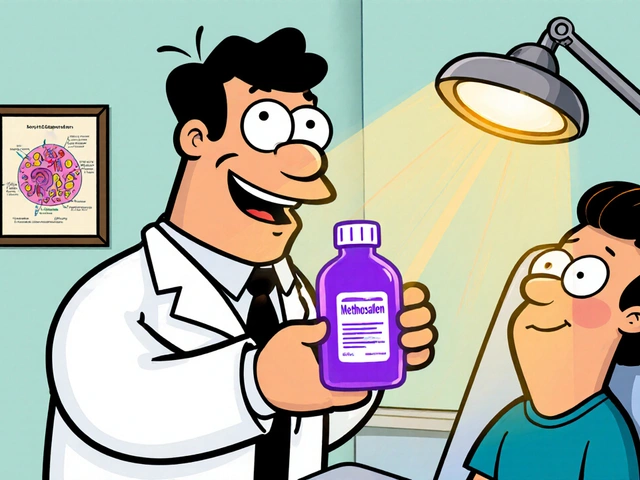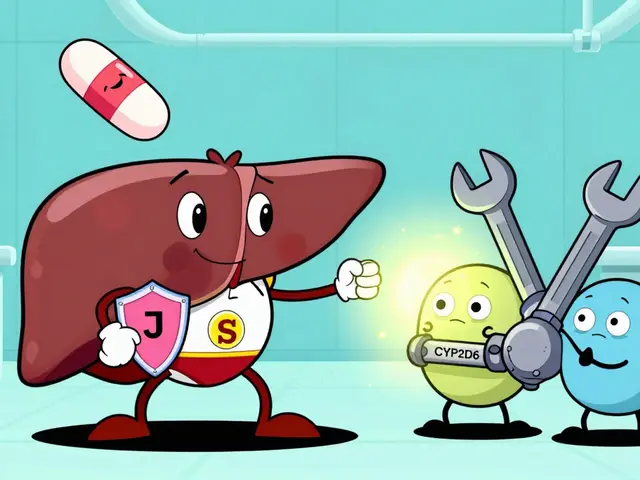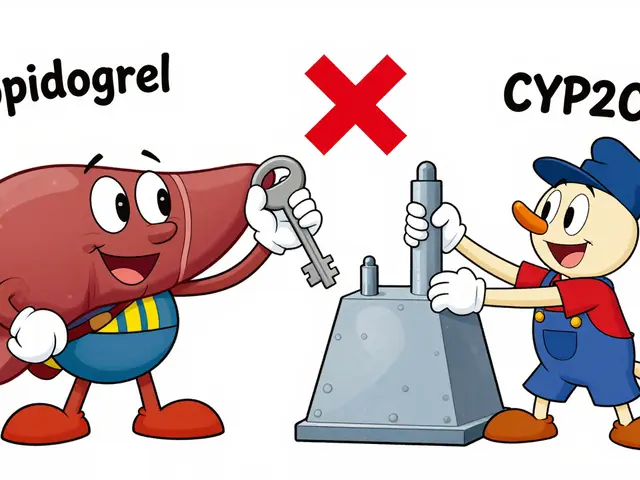Anthelmintic Resistance – What It Is and Why It Matters
If you’ve ever taken a dewormer that didn’t work as expected, you might have run into anthelmintic resistance. This happens when parasites like roundworms or tapeworms change so the drugs can’t kill them anymore. The result is longer infections, more animal loss on farms, and higher costs for treatment.
Why Resistance Happens
Parasites reproduce fast. When a drug kills most of them but a few survive, those survivors pass on their resistant genes to the next generation. Over time, the whole population becomes harder to treat. Using the same dewormer over and over, under‑dosing, or giving it at the wrong time all speed up this process.
Farm animals are especially vulnerable because they often get mass deworming every few months. In humans, repeated use of the same medication for common worm infections can create similar problems, particularly in regions with limited drug options.
How to Fight It
The first step is to know which parasites you’re dealing with. Fecal tests or veterinary labs can identify the species and tell if they’re already resistant. Once you have that info, rotate between different classes of anthelmintics instead of using one drug forever.
Good management practices also help. Keep pastures clean, avoid over‑crowding animals, and use proper sanitation to cut down on parasite spread. In human health, follow dosage instructions carefully and only take dewormers when a doctor says they’re needed.
If resistance is confirmed, combination therapy—using two drugs that work in different ways—can restore effectiveness. Some farms also use non‑chemical methods like grazing management or biological control agents to lower parasite loads without drugs.
Staying informed is key. Subscribe to veterinary newsletters, read updates from health agencies, and talk to your doctor or vet about the latest resistance trends. Early detection saves money, animal lives, and reduces the risk of resistant infections spreading to people.
In short, anthelmintic resistance isn’t a mystery you can ignore. By testing, rotating drugs, improving hygiene, and staying up‑to‑date, you can keep parasites under control and protect both animal and human health.





